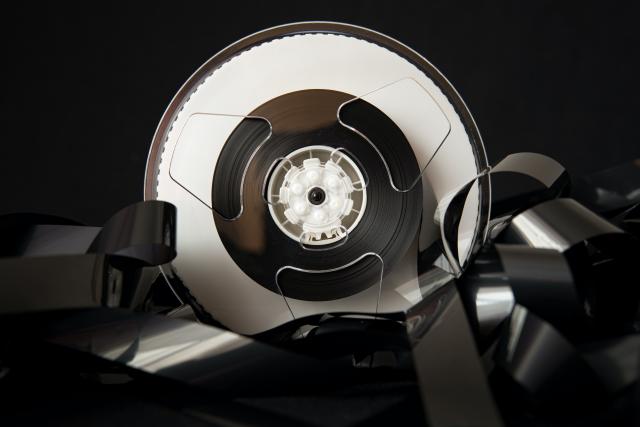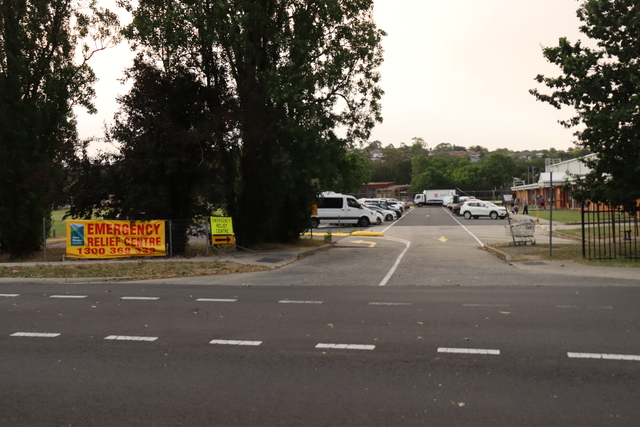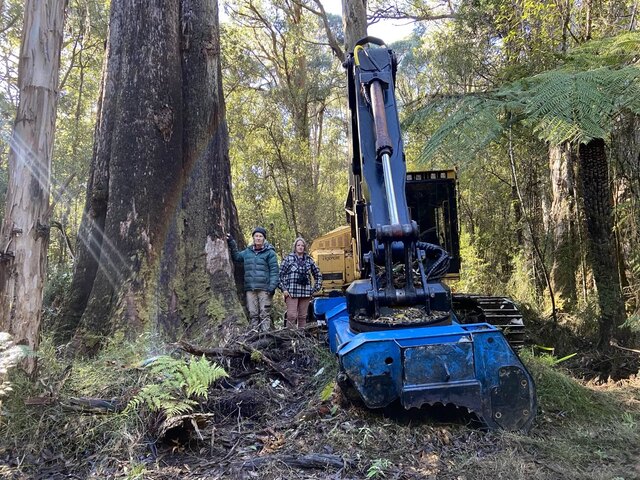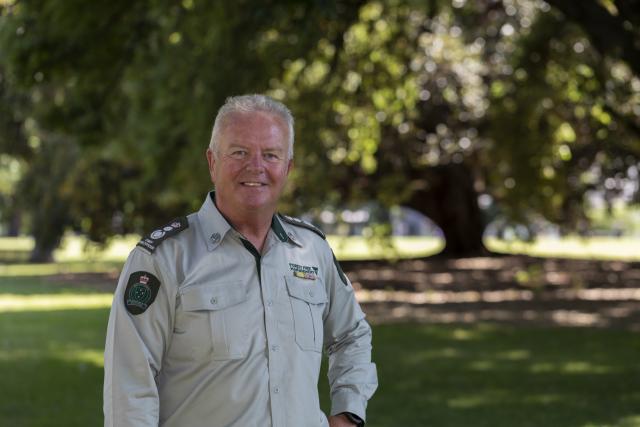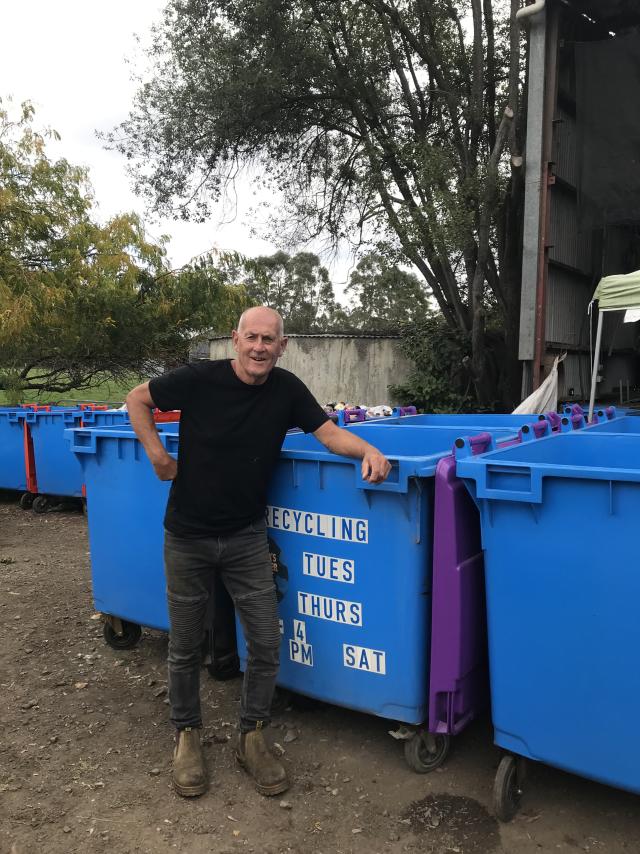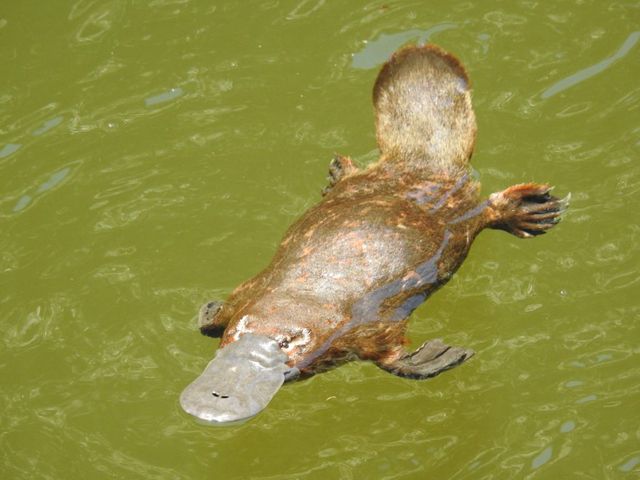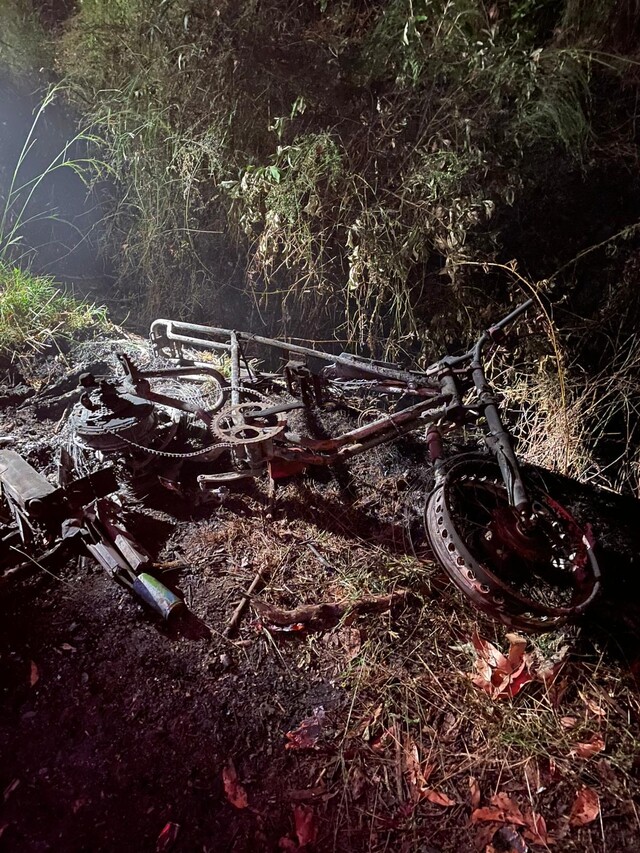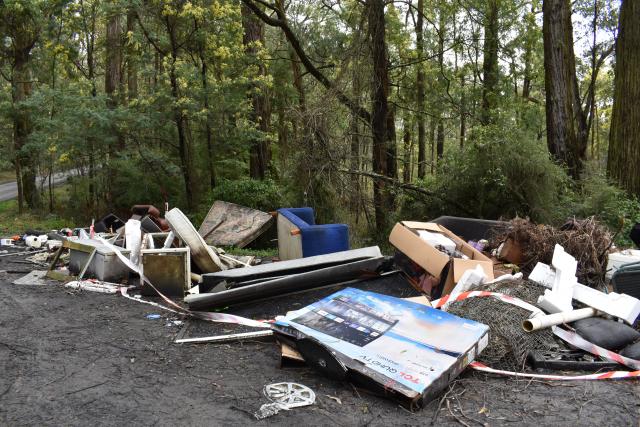Don’t Worry Darling
Starring Florence Pugh, Harry Styles and Chris Pine
Rated M
4/5
Directed by Olivia Wilde, Don’t Worry Darling is an enthralling psychological thriller.
In a 1950s corporate town run by the Victory Project, Alice (Florence Pugh), a young married woman, begins to suspect a dark system of control.
Don’t Worry Darling bears some resemblance to Jordan Peele’s Get Out, but with a wider scope, lurid fifties style and themes of patriarchy rather than racism.
The first act vividly portrays the alcoholic hedonism beneath the squeaky-clean glamour of fifties American suburbia, and establishes the forbidden headquarters and a cycle of domestic routine and partying for Alice and her neighbours.
Strange occurrences and environmental clues cast doubt upon the town’s flashy benevolence, and the atonal score by John Powell complements the film’s macabre bursts. Archaic notions of wives staying home and serving their husbands come to feel like a trap, and as Alice speaks out about Victory, her husband Jack (Harry Styles) shifts from sweet to sinister as he discourages her.
Chris Pine plays Victory Project leader Jack, in a performance reportedly based on Canadian psychologist Jordan Peterson; Jack is a self-assured, charismatic man who dazzles his followers with hollow platitudes. Gaslighting and social pressure tighten around Alice in an unsettling escalation, and the film constantly challenges your assumptions about its world and characters.
The big twist may divide viewers, given its stark genre change and shades of The Matrix, but those aforementioned clues plant the twist effectively for eagle-eyed viewers. The relatively open-ended ending may also frustrate some viewers.
A surreal, intriguing thriller and a great second feature for Wilde as director, Don’t Worry Darling is playing in most Victorian cinemas.
– Seth Lukas Hynes

